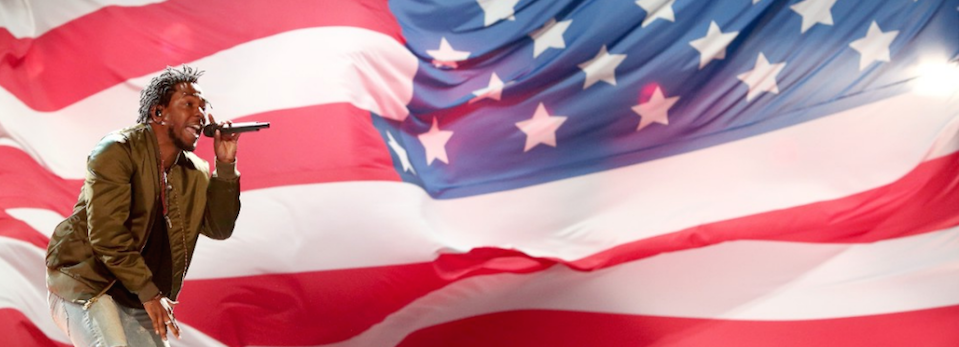In his recent performance at the 2015 Black Entertainment Television (BET) Awards in June, Los Angeles rapper Kendrick Lamar performed the song ‘Alright’ while standing defiantly upon a defaced police car, an impossibly large United States flag fluttering behind him. The obvious political nature of both the staging and song choice (with lyrics like ‘we hate po-po/Wanna …
View More Kendrick Lamar and the Dialectics of Performing Hip HopCategory: Issue 4.4
9/11 Fiction and the Death of Irony
A week after the terrorist attacks of September 11, 2001, the editor of Vanity Fair, Graydon Carter, was quoted as saying that ‘the end of the age of irony’ had arrived, while Roger Rosenblatt, of Time, wrote: ‘One good thing could come from this horror: it could spell the end of the age of irony’. The affirmation that irony had died seemed to be confirmed in those first weeks, with many other commentators …
View More 9/11 Fiction and the Death of IronyLoud Fictions: Noise in the Contemporary American Novel
In his 1946 essay, ‘Silence,’ the English novelist Aldous Huxley described the twentieth century as ‘the Age of Noise. Physical noise, mental noise and noise of desire – we hold history’s record for them all’ (149). Writers of the early twentieth century saw noise as a symptom and consequence of modernity and modernist writing, as Josh Epstein notes, was ‘infiltrated’ by ‘the sounds of air-raid sirens, trains, typewriters,
View More Loud Fictions: Noise in the Contemporary American NovelPeak Oil in the Popular Imagination
In the 21st century, we remain beholden to the oil economy. Oil shapes our geopolitics, our economic forecasts, the global transportation of our commodities, and impacts upon the costs of day-to-day living. Since the invention of the internal combustion engine, the petroleum industry has risen to such prominence that we cannot understand modern capitalism outside of its history as petro-capitalism …
View More Peak Oil in the Popular Imagination



